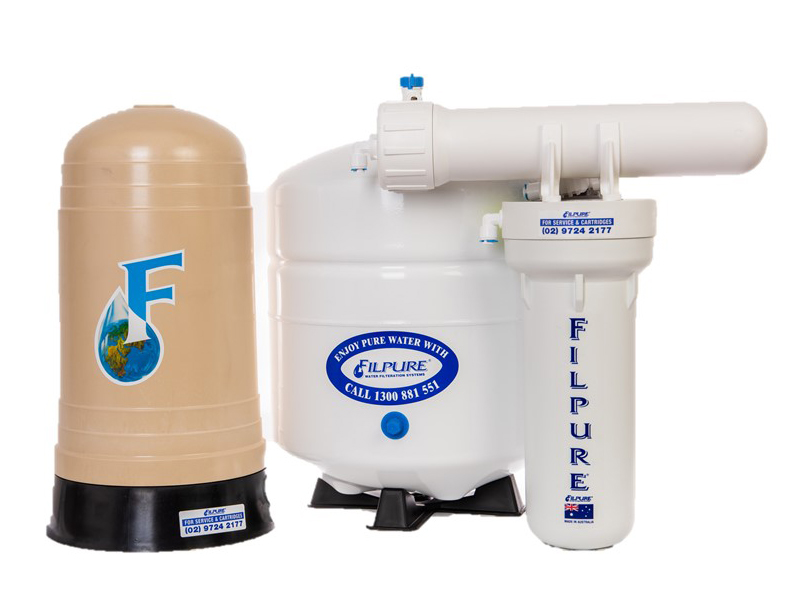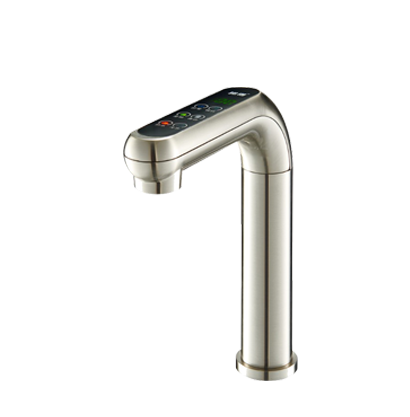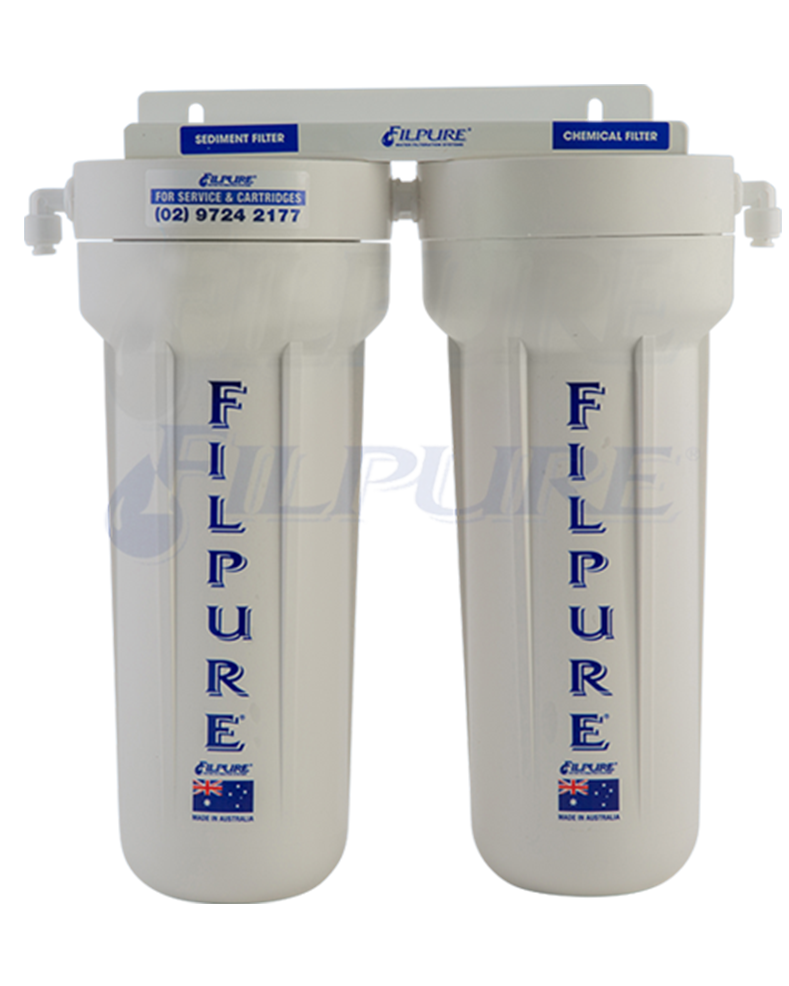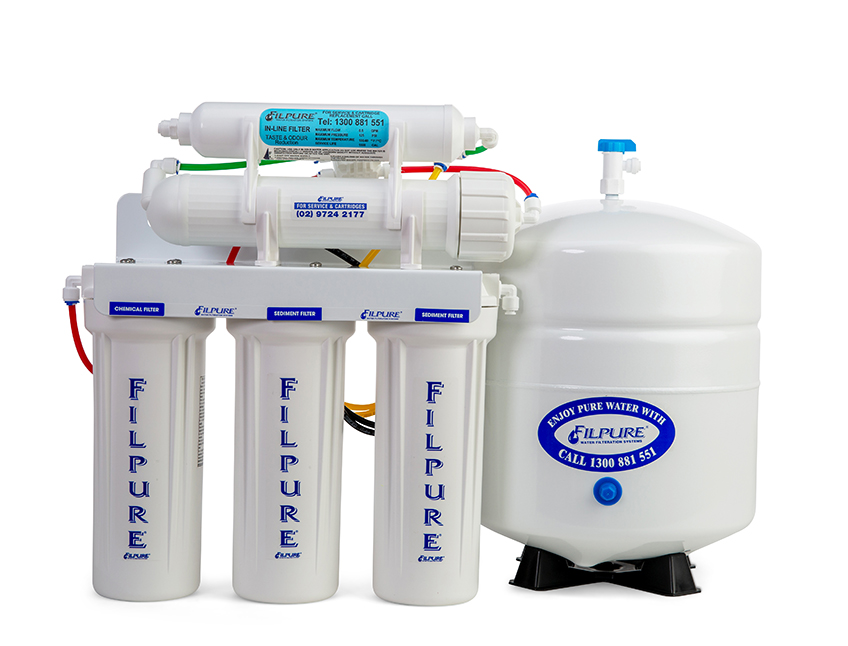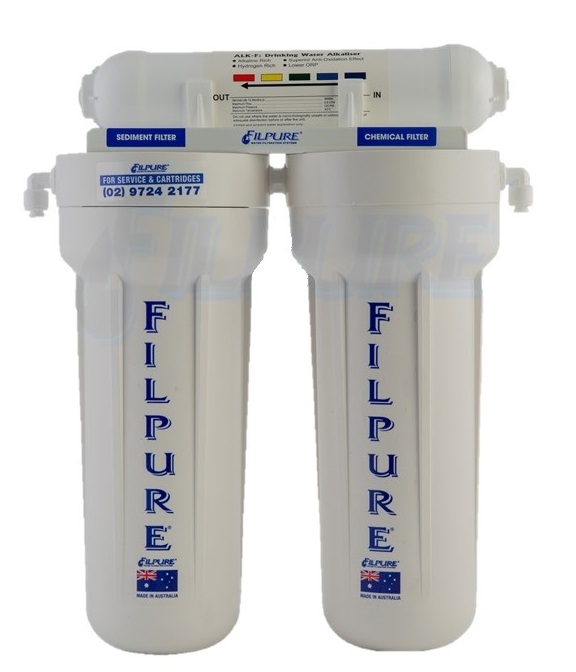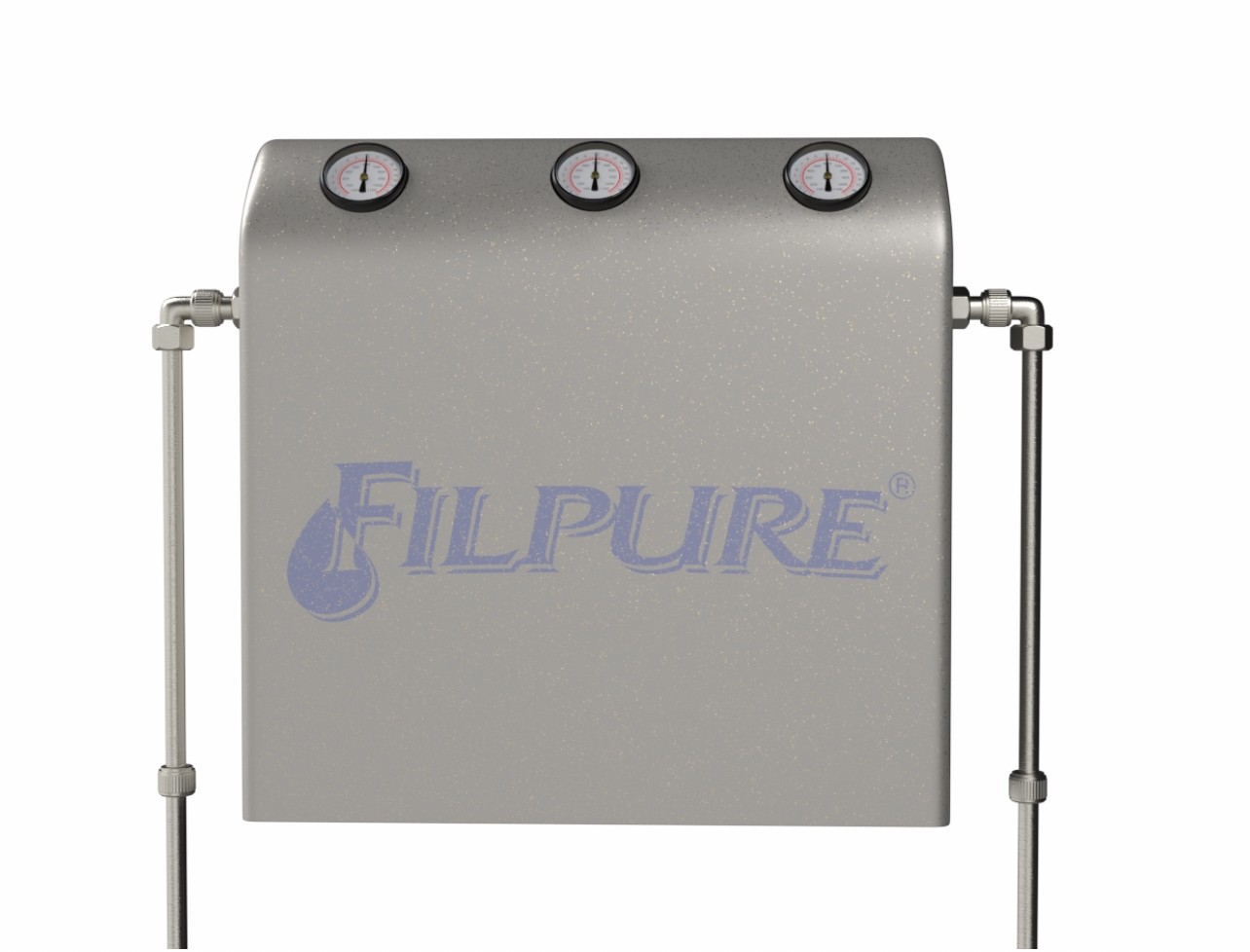Why are Heavy Metals in Water Harmful?
Heavy metals are naturally occurring elements that can be found in various environmental sources, including water. While some heavy metals are essential in trace amounts for biological functions, excessive exposure to these elements can pose serious health risks. Understanding why heavy metals in water are harmful is essential for safeguarding public health and implementing effective measures to mitigate their impact.
Health Risks of Heavy Metals in Water
Heavy metals such as lead, arsenic, mercury, cadmium and chromium are known for their toxic properties and can cause a range of adverse health effects when present in water above safe levels. These effects may include:
Neurological Damage: Heavy metals like lead and mercury can accumulate in the brain over time, leading to cognitive impairment, developmental delays in children and neurological disorders.
Kidney and Liver Damage: Cadmium and arsenic are known to cause damage to the kidneys and liver, impairing their function and potentially leading to chronic kidney disease and liver failure.
Cancer Risk: Some heavy metals, such as arsenic and chromium-6, are classified as carcinogens and have been linked to an increased risk of various cancers, including skin, lung, bladder and liver cancer.
Cardiovascular Effects: Chronic exposure to heavy metals like lead and arsenic can contribute to cardiovascular problems such as high blood pressure, heart disease and stroke.
Reproductive Issues: Heavy metals can interfere with reproductive health, causing infertility, miscarriages and birth defects.
The Role of Water Filters in Heavy Metal Removal
Water filters, particularly advanced systems like reverse osmosis (RO), play a crucial role in protecting people from the harmful effects of heavy metals in drinking water. Reverse osmosis systems use a semipermeable membrane to remove contaminants, including heavy metals, from water by forcing it through the membrane at high pressure. This process effectively traps heavy metal ions, preventing them from passing through and entering the drinking water supply.
Benefits of Reverse Osmosis Systems
Effective Removal of Heavy Metals: Reverse osmosis systems are highly efficient at removing heavy metals, ensuring that drinking water is safe and free from harmful contaminants.
Comprehensive Filtration: In addition to heavy metals, RO systems can also remove other impurities such as bacteria, viruses, pesticides and pharmaceutical residues, providing comprehensive filtration for clean and pure drinking water.
Improvement in Water Taste and Odour: By removing contaminants, reverse osmosis systems can enhance the taste and odour of water, providing a refreshing and enjoyable drinking experience.
Convenient and Cost-Effective: While initial installation costs may be higher compared to other filtration methods, reverse osmosis systems are cost-effective in the long run, as they require minimal maintenance and replacement of filters.
Heavy metals in water pose significant health risks, ranging from neurological damage to cancer and reproductive issues. Implementing effective water filtration systems, such as reverse osmosis, is essential for removing heavy metals and ensuring access to clean and safe drinking water. By investing in water filters, individuals can protect themselves and their families from the harmful effects of heavy metal contamination, promoting overall health and well-being.

